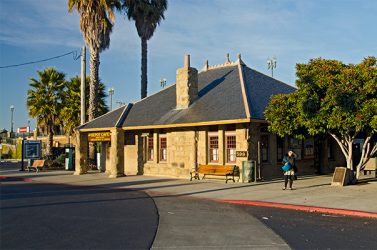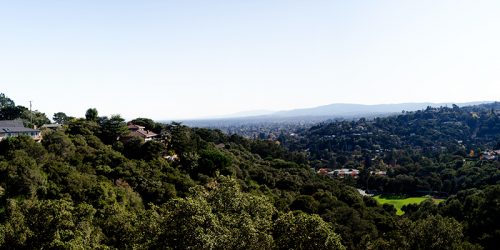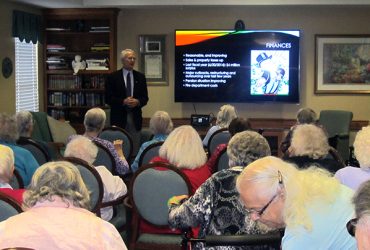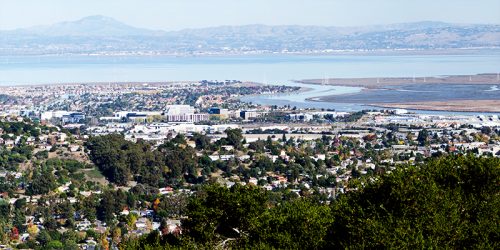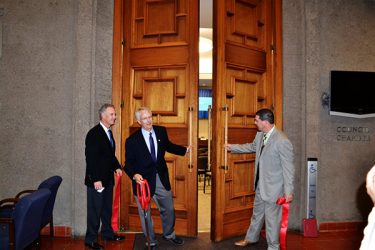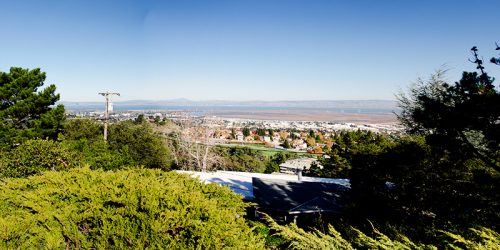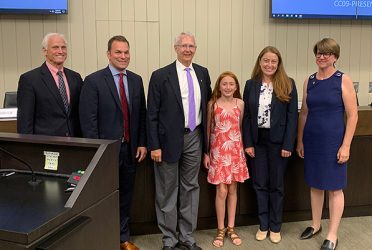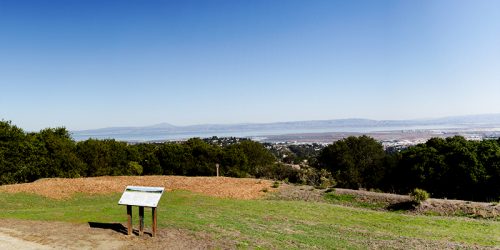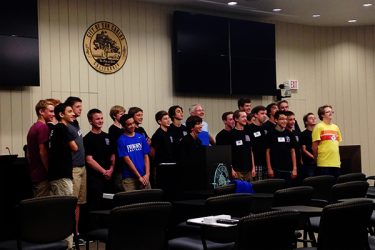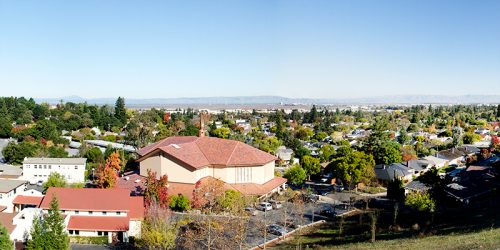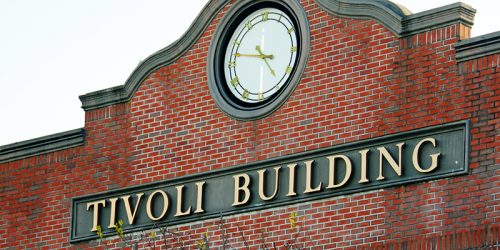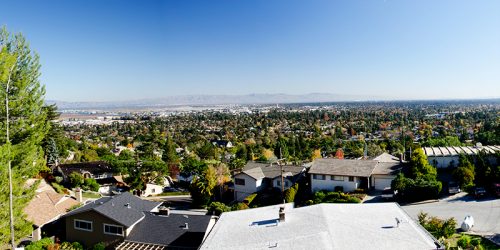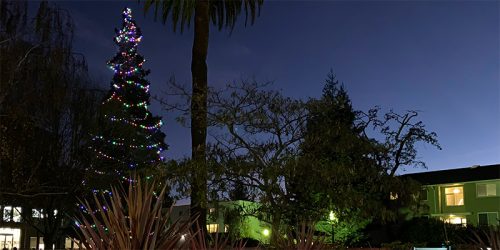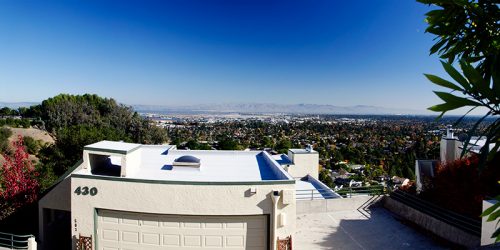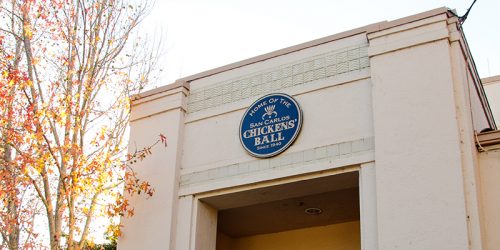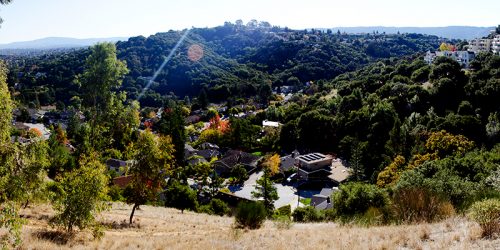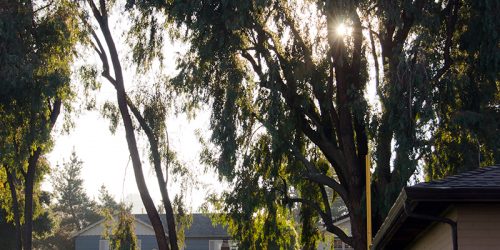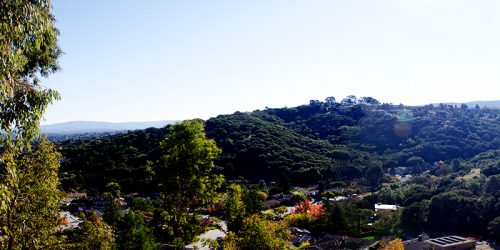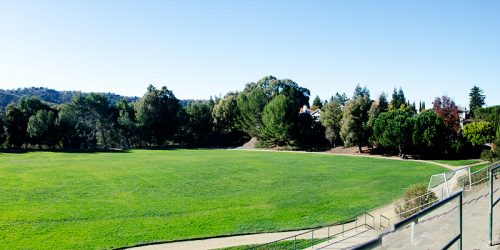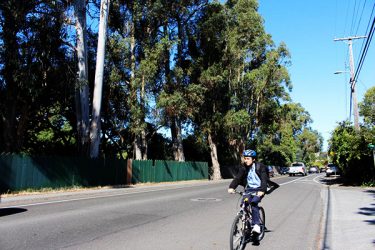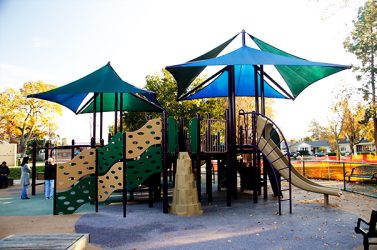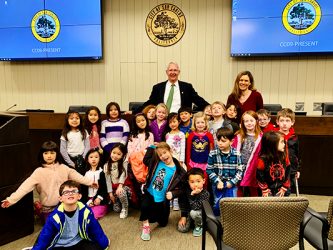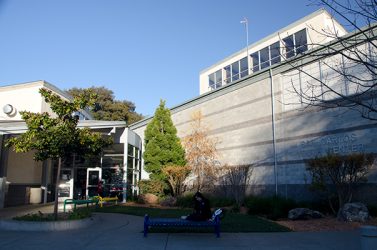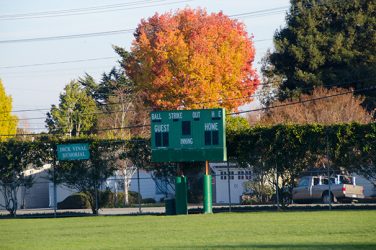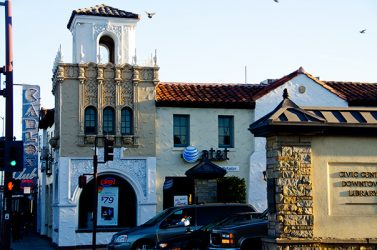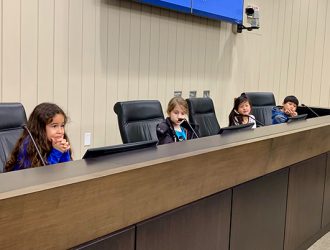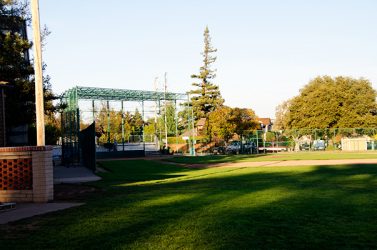At our January 9, 2012 meeting one of the topics we’ll be covering is the next steps, if any, involving the San Carlos Redevelopment Agency in light of two important recent events. Last December, the judge presiding over a lawsuit brought by the San Carlos Elementary School District, the Sequoia Union High School District and the San Mateo County Community College District against the Agency ruled in favor of the plaintiffs, awarding them about $4 million and certain additional payments going forward. Just last week, the California Supreme Court ruled that the Legislature had the constitutional authority to act when it disbanded redevelopment agencies throughout the State last year. That latter decision means RDAs will disappear effective February 1, 2012. This will have some significant impacts on San Carlos.
For a brief backgrounder on redevelopment agencies, check out Redevelopment Agency Finance 101 on this site.
On a more personal note, switching from the plaintiff’s to the defendant’s side of the table raises some unusual issues. For ten years prior to December 12, 2011 I was serving on the San Carlos School Board, and was a trustee when the San Carlos School District joined the lawsuit. Consequently, I am not allowed to share any confidential information regarding the lawsuit that I learned while I was a trustee with the City. But beyond that, there is a potential argument that any vote I might cast in response to the judge’s ruling (e.g., to vote for or against an appeal) could be viewed as biased given my prior role as a trustee. However, I also have a duty to represent the interests of San Carlos residents as I see them, which argues against my absenting myself from discussions about next steps. In addition, those next steps, whatever they may end up being, will have significant ramifications for the City, which is an even stronger reason in my mind for being involved in all redevelopment discussions.
Balancing out these conflicting duties and priorities isn’t straightforward. But what I believe is the best compromise is to participate in the discussions, but abstain from any votes related to the current lawsuit ruling and its immediate aftermath. That’s my plan for the redevelopment portion of Monday’s agenda.
Let’s return to what will happen in San Carlos as a result of redevelopment agencies being terminated by the Legislature. One impact is that both the Transit Village and Wheeler Plaza will have to be restructured. Both were to have involved RDA funding, which will no longer be available. In fact, my understanding is that redevelopment agencies will have to divest any properties they purchased in anticipation of future projects, except for those involved with increasing the supply of affordable housing. The proceeds from those sales will be put back into the county property tax pool, to be allocated among all the public agencies that share property tax revenues from the redevelopment area. Similarly, redevelopment agency cash balances will also be put back into the county property tax pool.
Going forward, the portion of property taxes that used to flow to redevelopment agencies will stay in the county property tax pool, except for sufficient funds to service previously issued redevelopment agency debt, and to pay for a successor entity (typically the redevelopment agency’s “host” city) to administer that debt service and wind up the affairs of the redevelopment agency. That’s a very different situation than in the past, where most economic development activity targeting a redevelopment area could be paid for out of an agency’s share of property taxes.
In San Carlos’ case, virtually all of our economic development program was funded by the redevelopment agency. Maintaining that effort in the post redevelopment agency environment will require reallocating funds from other City activities, or from reserves. Yes, we could simply eliminate economic development work. But I don’t think that’s a wise thing to do if we want to maintain, let alone enhance, the commercial component of our City.
In addition, a non-trivial portion of the City’s general overhead exists to support redevelopment agency activities. While there will be some administrative funding made available going forward, the net effect will be to open a hole in the City’s budget. My understanding, which I am still clarifying, is that the gap will be in the range of $750,000 to $1 million per year. For San Carlos, that’s a pretty significant change.
Beyond these types of immediate financial effects, eliminating redevelopment agencies will also impact the drive to foster a more diversified housing stock. San Carlos, like most cities in California, has an obligation to ensure its housing stock is sufficiently diverse to meet the needs of all its residents. How we will do that when one of the major sources of funding for affordable housing projects — redevelopment agencies — are gone is an interesting question.
I don’t want to sound like one of the many voices in the municipal government arena who are forecasting the end of civilization as we know it because of the California Supreme Court’s decision. The end of redevelopment agencies is in one sense a very simple story: what the Legislature gives, the Legislature can take back. But reacting to the change in budgetary priorities will not be easy. In San Carlos’ case, the current year’s anticipated budget surplus could easily be wiped out, and then some, as a result.
